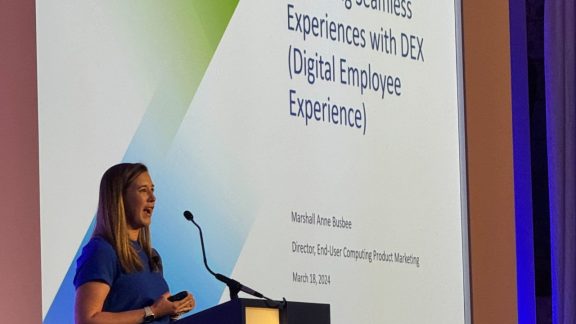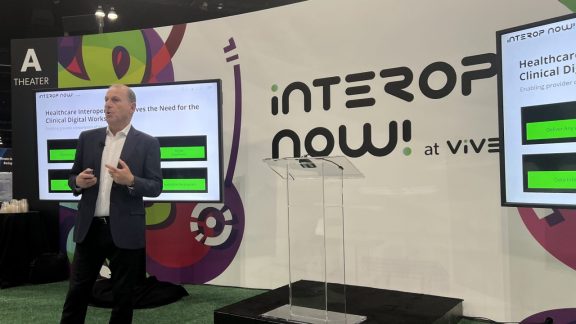Ever since we unveiled some cool technology demonstrations at VMworld, there’s been a lot of interest in leveraging the power of vCenter Operations for View desktop workloads. In case you missed it, go to the VMworld website and search for breakout session EUC2045 and SUP1020 to hear more from Vegas and Copenhagen. But if you can’t spare the time for a VMworld Video you can just read on.
The idea is straight-forward enough… For datacenter workloads, vCenter Operations does a great job of proactively monitoring complex systems and radically reducing the time it takes to troubleshoot performance & availability issues. VDI deployments are also complex systems; arguably with even more moving parts than a typical server workload. If you look end to end at what impacts VDI solution performance and user experience, you’ve got:
- The behavior of workloads in the guest VMs that make up the virtual desktops
- The storage on which the desktops are running
- The ESX hosts running both the desktop VMs and the management servers
- The network fabric between all the datacenter components
- The View connection servers, security and transfer servers themselves
- The PCoIP network connections running down to the clients
- The clients the user is leveraging to access everything
So why not harness the power of vCenter Operations for View deployments too?
There are 3 basic workflows we expect a View Administrator would go through when using such a tool:
Browsing: An administrator notices an issue and investigates
Automated Alerting: An administrator receives an alert that something is amiss
User Driven Alerting: An end-user calls the helpdesk with an issue
Each of associated videos shows such a scenario in action on a deployment of this technology running in our labs. So which do you think you’d use most in your daily life as a current or prospective View Administrator? Tell us!
And stay tuned for more news where this technology might go in the future!







